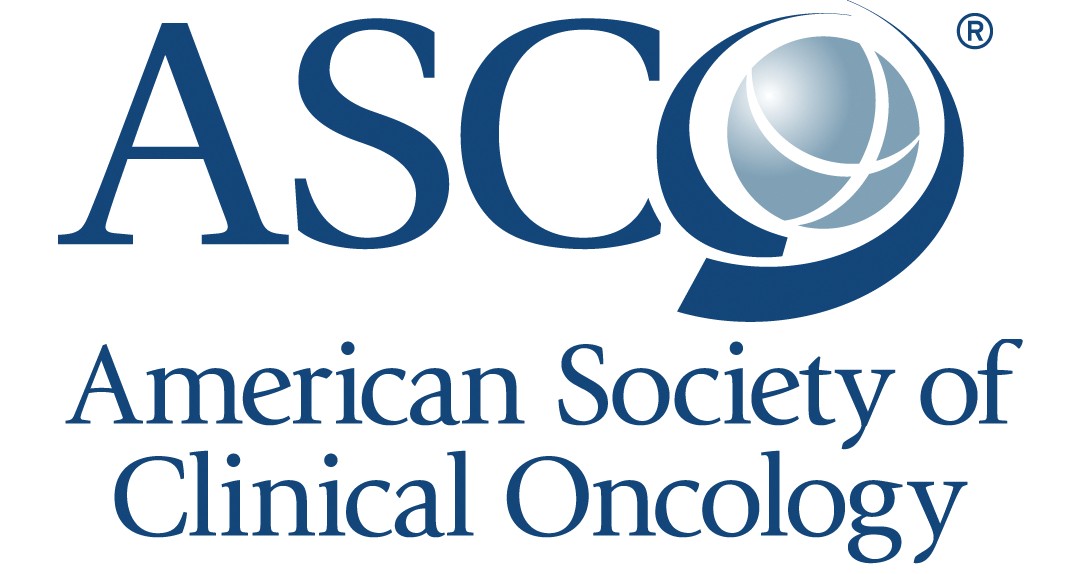Share this Page:
Results from a phase II study of bevacizumab and erlotinib in people with advanced hereditary leiomyomatosis and papillary renal cell cancer (HLRCC) or sporadic papillary RCC were presented during the 2020 American Society of Clinical Oncology (ASCO) Virtual Scientific Program at the weekend.
This study included 83 patients with papillary RCC. Half of the patients had HLRCC and half of the patients had sporadic papillary RCC. During the study patients were treated with a combination of erlotinib plus bevacizumab.
In patients with HLRCC the the overall response rate was 64% and 37% in patients with sporadic papillary RCC. Median progression-free survival was 21.1 months in the HLRCC patients and 8.7 months in patients with sporadic papillary RCC.
In summary, this is the largest prospective study of patients with HLRCC, and shows that the combination of bevacizumab and erlotinib is very active for patients with papillary RCC, especially those with fumarate dehydrogenase (FH) deficiency, as in HLRCC. For patients who respond, especially those with HLRCC, the responses are durable with a median progression-free survival of 21.1 months.















